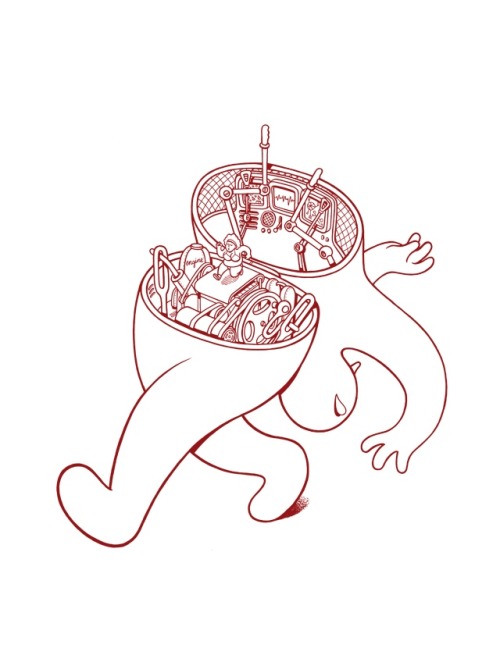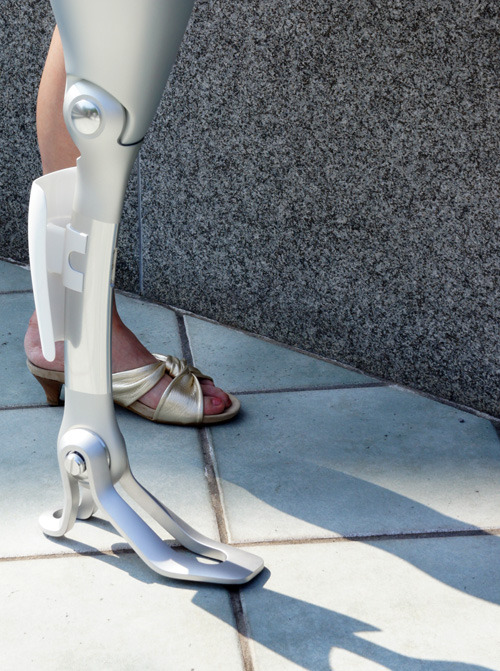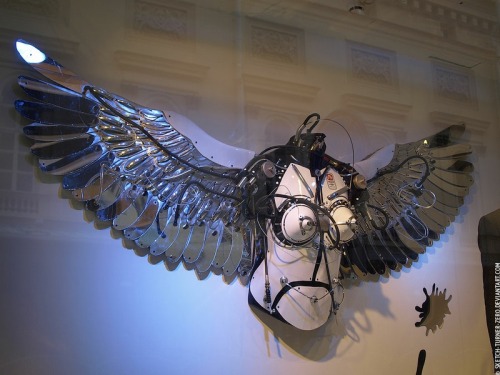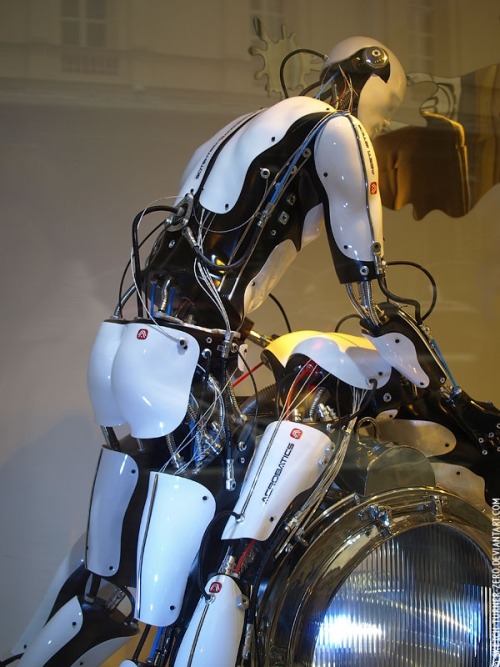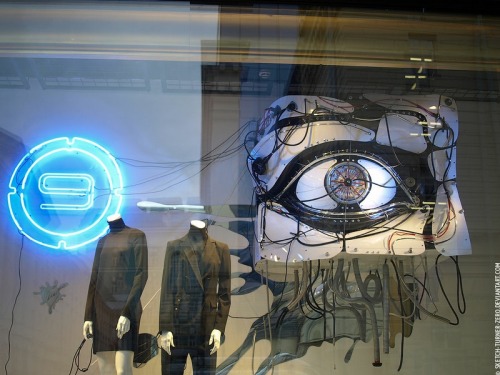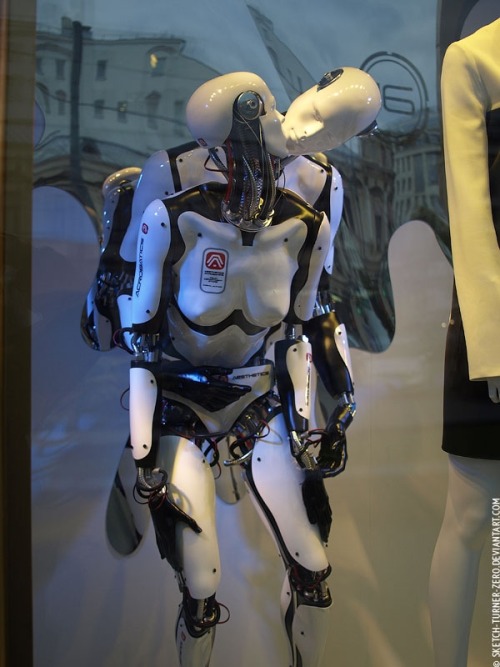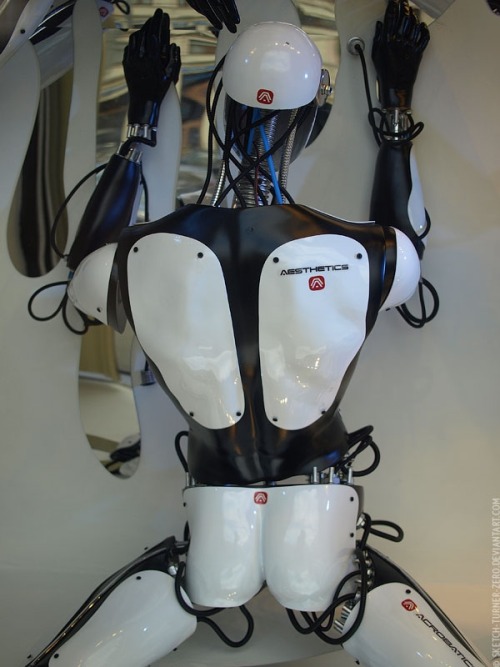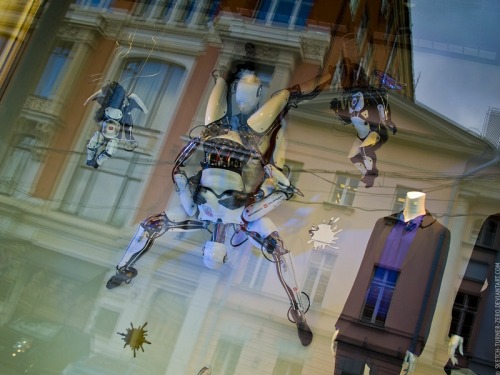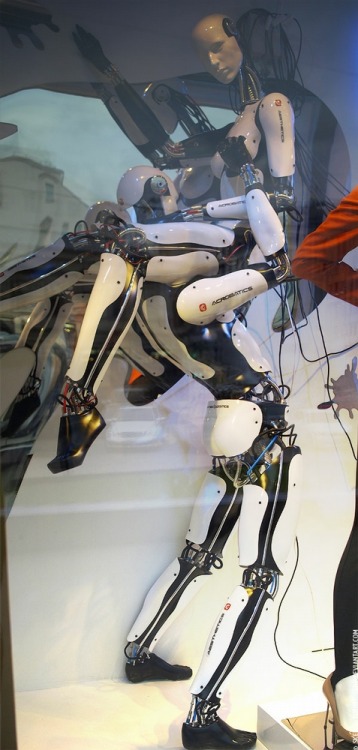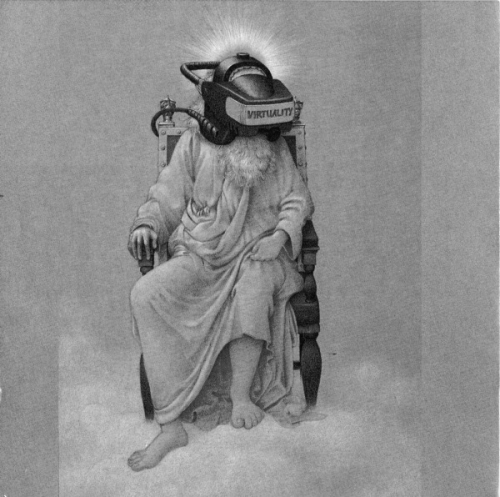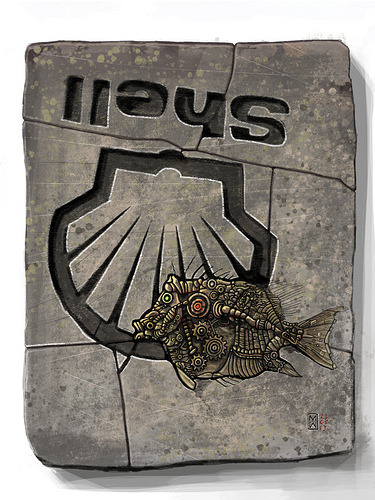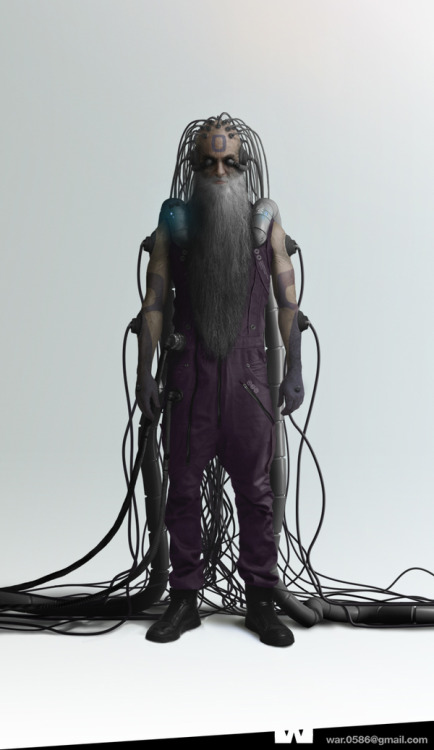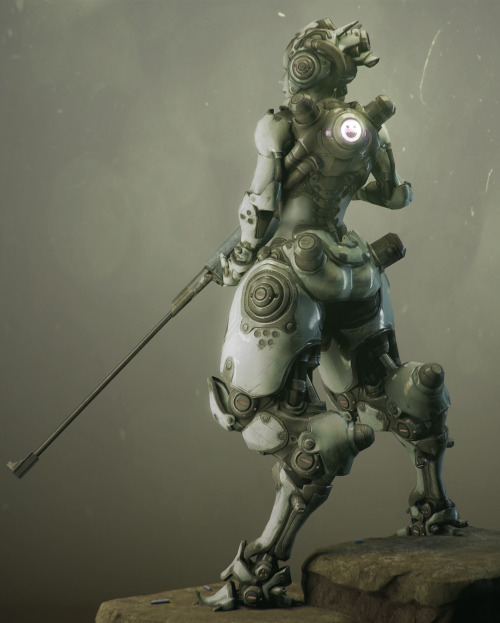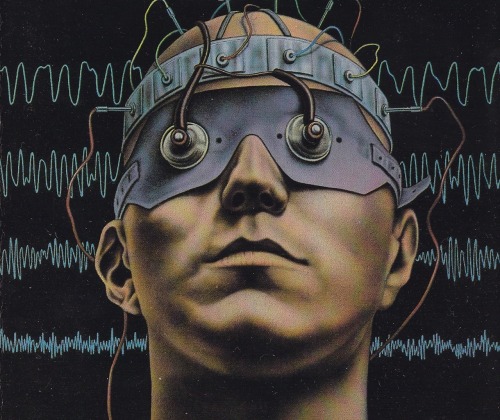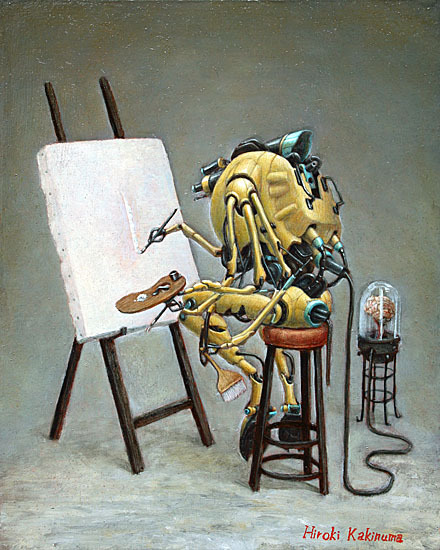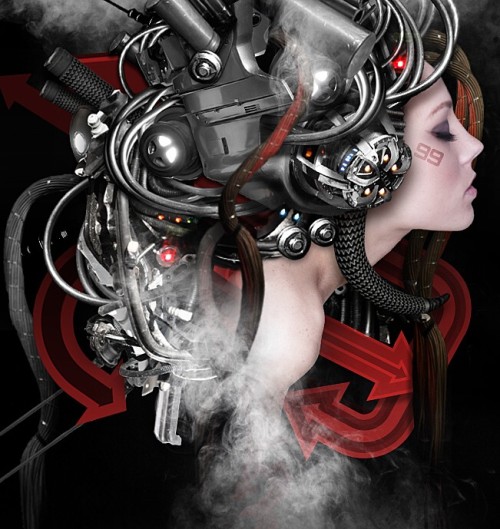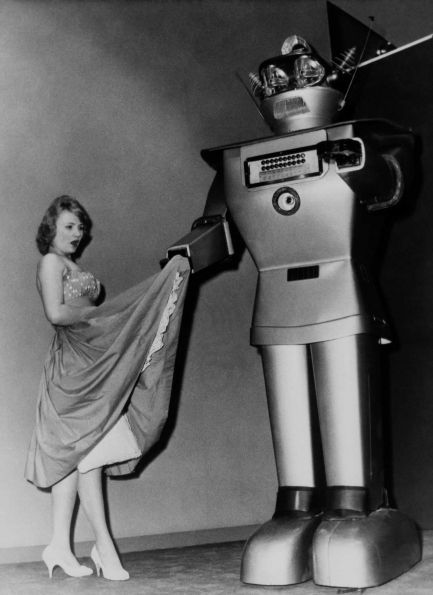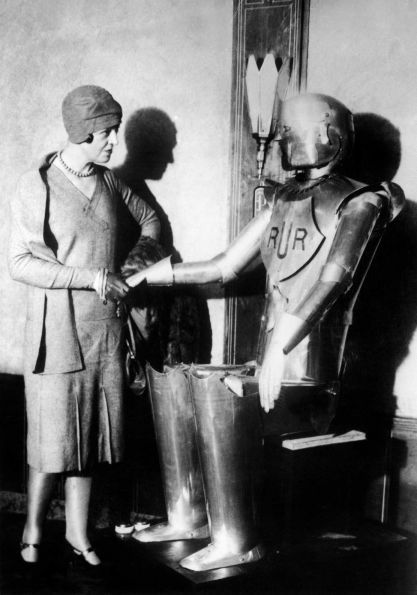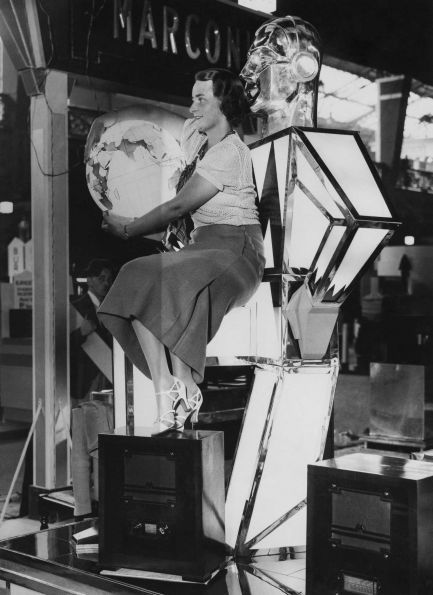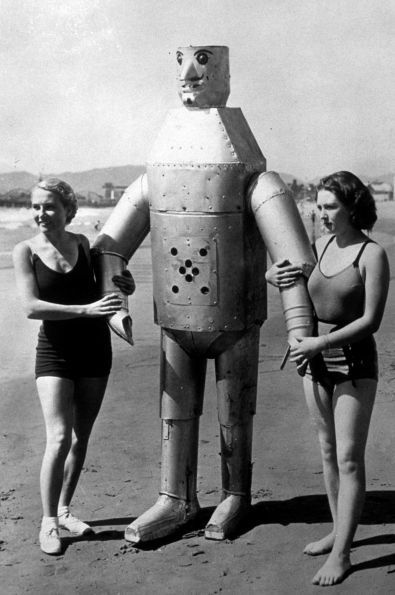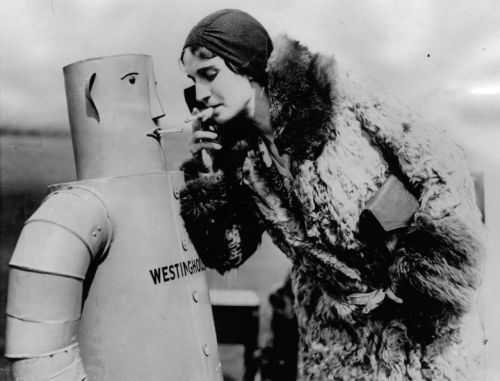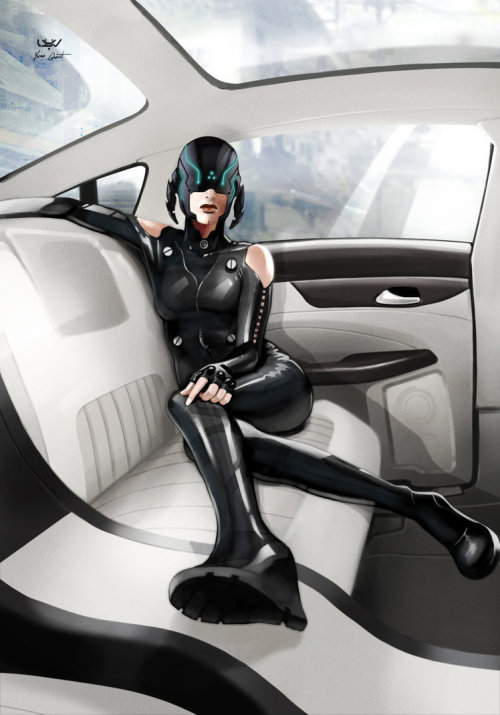
A celebration of the technology-inspired eroticism and fiction of renown author M.Christian
Thursday, May 30, 2013
Tuesday, May 28, 2013
Monday, May 27, 2013
Saturday, May 25, 2013
Friday, May 24, 2013
Thursday, May 23, 2013
Wednesday, May 22, 2013
Billierosie Likes Love Without Gun Control
This is very special flashback: a lovely review of my science fiction/horror/just-plain-weird collection, Love Without Gun Control, by my wonderful pal, Billierosie .Thanks, sweetie!


I am a junkie! A poor pathetic thing, crawling up the walls, shredding fragments of wallpaper and plaster beneath my broken finger nails, screaming for my next fix. Hollow eyed, I plead with M.Christian for just one more story. He’s a hard man. He turns away, telling me it’s for my own good. Then finally, finally, he relents. And I blubber my thanks through a mess of snot, spit and tears.
M.Christian sends me LOVE WITHOUT GUN CONTROL. And like any true addict, I find a vein, stick in the needle and overwhelm myself with the fix.
I’ve read all of his stories. Every tantalising word he’s ever written. I worry that one day he’ll stop. No more stories. What the hell will I do?
You see he never fails to surprise me. His stories move seamlessly from straight erotica to gay erotica and now, in LOVE WITHOUT GUN CONTROL, he gives me a collection of science fiction and horror.
In ‘Needle Taste,’ there is haunting despair, from the disciples of Owlsley, a serial killer. They take mind bending chemicals to enhance his hideous deeds. His followers can’t leave him alone and live in a desperate, deadly fascination of what has happened to those he has brutalised and killed. Prair replays the final moments of Owlsley’s capture in his mind and repeats the killer’s mantra; “the only sin is letting them go unpunished.”
‘The Rich Man’s Ghost’, reads like a fable and Christian tells the story with the skill of Aesop. Hiro Yashido sees a ghost, and to see a ghost means doom. He has not only seen the ghost, the ghost has seen him. His wealth, his overwhelming success in high finance is nothing. He will have to embrace his worst nightmare, poverty. Hiro Yashido fears nothing. He has not achieved his great wealth by walking on tiptoe. But he does fear the ghost and it’s curse. Ghosts walk between the bite and the bytes of the datasea and they are jealous. Hiro Yashido works hard to dispel the ghost’s curse and the ghost ponders on whether, or not to release him.
‘Wanderlust’, takes us out on the road. The story reads like a classic ‘road’ film and we embark on the archetypal American journey. The landscape unfolds with panoramic camera sweeps; gasping, breathtaking images of mountains, snow, jagged peaks and windswept pines. A cheap doll, embodies the idea of perfection, of absolute love. It is conveyed to the driver in his own overwhelming, Christ like beauty. He stops at a roadside gas station. The people he meets are spellbound by the ecstasy of his beauty. But sheer love has its opposite and hatred, and ugliness and the abject fear it brings, must have its say. He wants to say sorry. But all that he can do is drive away.
In ‘Orphans’, Christian gives us a drifter, seemingly, a man without purpose. He hitches lifts and meets people. Is he running from something, or running to something? He doesn’t know. Or he won’t say. What is the virus they speak of; the wasting disease that has taken their loved ones? Is it loneliness? Or is it something else? He apologises, it’s all he can do. Is this an allegory, a story for our times? Christian doesn’t tell us; but he certainly makes us think.
As if all that weren’t enough, Christian retells the story of Robinson Crusoe in ‘Friday’.
Combining Daniel Defoe’s style with a futuristic slant, the traveller’s ship crashes into the earth. Like Defoe’s hero he is stranded, like him he has to improvise to survive and like him he has his Friday.
As I said earlier, what the hell will I do if M.Christian ever stops writing? There’s a gem here, a jewel, a real talent. Where does all of this come from? Where does he get his ideas and images? “…eyes as dark as knots in old trees…” “…titles for them were as irrelevant as trying to take apart a static charge before a lightening strike…” Beats me! I’ve saved the title story until last. ‘Love Without Gun Control,’ and I’m going to read it now! Excuse me while I drool!
Tuesday, May 21, 2013
Sunday, May 19, 2013
Saturday, May 18, 2013
State
Here's a little cybersexy treat: a tease of my story "State" - which appears in the print-only book Technorotica, and the ebooks Better Than The Real Thing, and The Bachelor Machine
Once part of a sprawl of temporary industrial units floated into Kyushu harbor to make a Korean-owned nanochip factory, the building was industrial architecture that had been stuck on a shelf and left to forget – or really just rust. As far Fields knew – and could see – rust still really managed the property. Rumors said that Mama had scored the old building for cheap, had found some hungry jacks to scalp juice from the main grid, and some mysterious "sources" for the rest. The girls? They came from wherever lost girls always came from: the cramps of hunger or addiction, the Devil of father. They came and Mama fed them, sprayed them when they were sick, and put that rusting roof over their heads. In return, they worked.
Friday nights weren't usually this busy. There were even rumbles from Mama's office that Fields might be called down from her box to work the cribs with the pie-faced girls. But someone asked for the special of the house and she was spared having to watch the ordinary flatscreen with the rest of the girls. She was the special, so she had awhile to get ready, and even watch the end of Don't Drop It (her favorite) on the antique Hakati tank – and yum! – relish the new host).
The antique took a long time to power-down, and she always (since Mama had sold it to her) felt that thrill-tingle of worry that some client would come in and still see the spray/wash/float of green/blue/red hanging in front of her cheap holo print of Tokyo At Night that masked the unit and would ponder a bit too long over why a Mitsui Automaton would be watching a game show.
The streets, and common knowledge, said that Autos took awhile to power up, boot up their software, get their circuits warm and ready – though never really willing: the prefect love doll. The perfect toy. The real fact was that it took Fields time to get completely into her Act.
Her friendly gray robe went first, into the hidden closet behind the false wall of phony blinking tell-tales and dummy flatsceens playing loops of technical gibberish, with the rest of her reality: hung on a hook next to her vid discs, street clothes, wigs, pills, towels, creams, sprays, and plain-faced bottles of special dye.
Very special: an incredibly durable bonding polymer that she applied each morning – but was always careful to examine every inch of herself in a roll-up plastic mirror, lathering on the thick blueness at the faintest signs of her real pinkness before the light over the door flashed green. Her hair, every brown strand, was months gone – and kept at an imperceptible level by a chilling spray of tailored enzymes. Sure, she could wear any of her wigs, and sometimes did for those who just couldn't deal with an too-inhuman Automaton, but for the most part she liked going smooth and streamlined: you paid for a machine.
The little yellow hexagon pills still had about another two hours to go – her skin texture and temperature would be just that different. Not quite human, almost machine synthetic. Anyone, of course, who knew the real Mitsui would know the reality of pink-skin and blood Fields under the blue, behind the contacts, beyond the re-engineered body. But then the Autos were very rare, their legends and rumors huge, and who would know the real thing, after all in the dim shadows of big, sprawling, bad Kyushu?
Fields's body was a gift from Mama, really an investment: those long days two years ago with the Osaka Scalpers had taken what nature had lucked her with and shaped her into an almost perfect Auto Class B – still one of Mitsui's most popular models. Strong shoulders; round face with high, almost too- wide-for-nature, cheekbones; tiny, pert, full lips; huge crystal blue eyes; high, wide and moderate tits, huge against her actually small frame, with aggressively large nipples – some of it was really hers, some was machine made for her machine act.
Her looks, real or made, would be good and profitable as long as the real unit was State-of-the-Art ... and the rumors of how good, and how hot, kept flying.
STATE
Once part of a sprawl of temporary industrial units floated into Kyushu harbor to make a Korean-owned nanochip factory, the building was industrial architecture that had been stuck on a shelf and left to forget – or really just rust. As far Fields knew – and could see – rust still really managed the property. Rumors said that Mama had scored the old building for cheap, had found some hungry jacks to scalp juice from the main grid, and some mysterious "sources" for the rest. The girls? They came from wherever lost girls always came from: the cramps of hunger or addiction, the Devil of father. They came and Mama fed them, sprayed them when they were sick, and put that rusting roof over their heads. In return, they worked.
Friday nights weren't usually this busy. There were even rumbles from Mama's office that Fields might be called down from her box to work the cribs with the pie-faced girls. But someone asked for the special of the house and she was spared having to watch the ordinary flatscreen with the rest of the girls. She was the special, so she had awhile to get ready, and even watch the end of Don't Drop It (her favorite) on the antique Hakati tank – and yum! – relish the new host).
The antique took a long time to power-down, and she always (since Mama had sold it to her) felt that thrill-tingle of worry that some client would come in and still see the spray/wash/float of green/blue/red hanging in front of her cheap holo print of Tokyo At Night that masked the unit and would ponder a bit too long over why a Mitsui Automaton would be watching a game show.
The streets, and common knowledge, said that Autos took awhile to power up, boot up their software, get their circuits warm and ready – though never really willing: the prefect love doll. The perfect toy. The real fact was that it took Fields time to get completely into her Act.
Her friendly gray robe went first, into the hidden closet behind the false wall of phony blinking tell-tales and dummy flatsceens playing loops of technical gibberish, with the rest of her reality: hung on a hook next to her vid discs, street clothes, wigs, pills, towels, creams, sprays, and plain-faced bottles of special dye.
Very special: an incredibly durable bonding polymer that she applied each morning – but was always careful to examine every inch of herself in a roll-up plastic mirror, lathering on the thick blueness at the faintest signs of her real pinkness before the light over the door flashed green. Her hair, every brown strand, was months gone – and kept at an imperceptible level by a chilling spray of tailored enzymes. Sure, she could wear any of her wigs, and sometimes did for those who just couldn't deal with an too-inhuman Automaton, but for the most part she liked going smooth and streamlined: you paid for a machine.
The little yellow hexagon pills still had about another two hours to go – her skin texture and temperature would be just that different. Not quite human, almost machine synthetic. Anyone, of course, who knew the real Mitsui would know the reality of pink-skin and blood Fields under the blue, behind the contacts, beyond the re-engineered body. But then the Autos were very rare, their legends and rumors huge, and who would know the real thing, after all in the dim shadows of big, sprawling, bad Kyushu?
Fields's body was a gift from Mama, really an investment: those long days two years ago with the Osaka Scalpers had taken what nature had lucked her with and shaped her into an almost perfect Auto Class B – still one of Mitsui's most popular models. Strong shoulders; round face with high, almost too- wide-for-nature, cheekbones; tiny, pert, full lips; huge crystal blue eyes; high, wide and moderate tits, huge against her actually small frame, with aggressively large nipples – some of it was really hers, some was machine made for her machine act.
Her looks, real or made, would be good and profitable as long as the real unit was State-of-the-Art ... and the rumors of how good, and how hot, kept flying.
[MORE]
Sunday, May 12, 2013
Taste of "The New Motor" From Betty Came: The Mammoth Book of Erotica Presents The Best of M. Christian
Here's a teasing taste of my steam-punky erotic story "The New Motor" from both The Bachelor Machine as well as the (very flattering) Betty Came: The Mammoth Book of Erotica Presents The Best of M. Christian.
It is not our place, via hindsight, to say what exactly happened that one particular night. It’s easy to dismiss, with scorn or even a kind of parental, historical, fondness, that he was just visited by vivid dreams, a hallucinatory fever, a form of 1854 delusion (after all, we smile, frown, grimace, laugh or otherwise, this was 1854), or some hybrid kin of them all: a vision 1/3 unresolved traumas, 1/3 bad meal of steak and potatoes, 1/3 19th century crippling social situation. What we cannot dismiss—because it’s there with minuscule precision, in detailed blocks of blurry type in rag pulp sidebills, in the fine-filigreed pages of the genteel or just the skilled—was that John Murray Spear, a spiritualist of some quite personal renown and respect, did indeed depart Miss August’s Rooming House for Gentlemen of Stature (near the corner of Sycamore and Spruce in Baltimore, Maryland), and go forth to tell anyone who would listen—and some did, as those news- papers reported and those diaries told—about his visitation by the Association of Electricizers.
Close your eyes, metaphorically, and envision the images that might have fluttered through the expansive and trained consciousness of Mr. Spear as he lay, barely waking on a cheap mattress more tick than stuffing, the too-warm embrace of a humid Baltimore summer morning pouring through the thin gauze of the window. Amid the jumble and clutter of a day’s thoughts, they walk—as contemporary A. J. Davis expressed: “spirits with a mechanical turn of mind”—into the far-reaching mind of John Murray Spear. Perhaps gears lit with fairy energies, they turn and tumble through his waking, shining metal honed with eldritch tools, playing inadvertent peg-toss with his sheet- raising morning priapism. Maybe a great churning clockwork con- traption whose complexity echoes Medusa’s curse of knowing equally insanity or death. Or they might have taken the form of a Con-Ed employee in bedazzling ethereal refinements, in a saintly pose of divine grace while the animated logos and mascots of every power company that was, is, and will be flitted around his nuclear halo—commercial cherubs to His crackling, humming, arcing, power.
Their form was something that even escaped Spear himself, for when he spoke of their visitation—and he did, oh yes, he did from his own mount and other less spiritual soapboxes—a 220-watt gaze seemed to consume him and his articulations became less detailed and more abstract: “Their form,” he said to his breakfast companions and, often, for many weeks thereafter to any stranger on the street, “is fast and incorporeal. I don’t possess the mind to express their appearance in words, but their message, dear—” Sir, Madam, Officer, Friend “— is clear and ringing in my ears: Go forth, they spoke, go forth and with these two simple hands bring into the world a machine, a great work of engineering, that would take motive power from the magnetic store of nature, and therefore be as independent of artificial sources of en- ergy as this, our own the human body. Go, this conglomeration of spirits pronounced, and build the Physical Savior of the Race,The New Messiah... the New Motor!”
John Murray Spear did, indeed, say these words: from that rea- sonably expensive boarding house in summer heated Baltimore, to the swampy humidity of the capital, then upwards towards the cooler en- virons of the Northeastern states. He spoke of the visitation of the Elec- tricizers to a shocked and tutting crowd of theosophists in Providence, his hypnotic description of the coming glory of the Motor and how it would bring about a new Age of Man Through Machine ticking out of synch with their slowly shaking, disbelieving heads.
He spoke of the Motor in Boston before a hall not as packed as it had previously been for the spiritualist of some repute, and answered with complete sincerity questions of the Motor’s construction (“things of this earthly sphere coupled with the energies of transcendent mo- tion and ethereal force”), creation (“for a small donation you can speed its manifestation and arrival here, to us”), method of operation (“can one envision a locomotive, some new machine of human use and creation, that might come during the new millennium? The works of the Motor may be visible to some of us with the enriched spiritual vision, but the true powers of it will be as unseen as that machine of ages undreamed”), and patentability (“if the material servants of this, our Government of Country, should grant me the license of its man- ufacture then I see no reason not to accept”).
Coal-and-snow beard, hair wild with his feverish retellings, sup- ple (for a man of his forty summers) body bending wildly with each description of the glory of the Motor and his saving of mankind through its mechanical enlightenment, Spear made himself a sight as he traveled. For some he was a sight that brought smiles, frowns, or sadness at his state of affairs. But as he slowly, town by town, street by street, meeting by meeting, told his tale, made his claims, his en- treaties, he gathered people who listened earnestly to his description of the Mechanical Savior of the Race, the New Motor...
On a weird side note, the tale of the New Motor is based on reality - and you can read about John Murray Spear and his spiritual contraption in my non-fiction collection, Welcome To Weirdsville
The New Motor
It is not our place, via hindsight, to say what exactly happened that one particular night. It’s easy to dismiss, with scorn or even a kind of parental, historical, fondness, that he was just visited by vivid dreams, a hallucinatory fever, a form of 1854 delusion (after all, we smile, frown, grimace, laugh or otherwise, this was 1854), or some hybrid kin of them all: a vision 1/3 unresolved traumas, 1/3 bad meal of steak and potatoes, 1/3 19th century crippling social situation. What we cannot dismiss—because it’s there with minuscule precision, in detailed blocks of blurry type in rag pulp sidebills, in the fine-filigreed pages of the genteel or just the skilled—was that John Murray Spear, a spiritualist of some quite personal renown and respect, did indeed depart Miss August’s Rooming House for Gentlemen of Stature (near the corner of Sycamore and Spruce in Baltimore, Maryland), and go forth to tell anyone who would listen—and some did, as those news- papers reported and those diaries told—about his visitation by the Association of Electricizers.
Close your eyes, metaphorically, and envision the images that might have fluttered through the expansive and trained consciousness of Mr. Spear as he lay, barely waking on a cheap mattress more tick than stuffing, the too-warm embrace of a humid Baltimore summer morning pouring through the thin gauze of the window. Amid the jumble and clutter of a day’s thoughts, they walk—as contemporary A. J. Davis expressed: “spirits with a mechanical turn of mind”—into the far-reaching mind of John Murray Spear. Perhaps gears lit with fairy energies, they turn and tumble through his waking, shining metal honed with eldritch tools, playing inadvertent peg-toss with his sheet- raising morning priapism. Maybe a great churning clockwork con- traption whose complexity echoes Medusa’s curse of knowing equally insanity or death. Or they might have taken the form of a Con-Ed employee in bedazzling ethereal refinements, in a saintly pose of divine grace while the animated logos and mascots of every power company that was, is, and will be flitted around his nuclear halo—commercial cherubs to His crackling, humming, arcing, power.
Their form was something that even escaped Spear himself, for when he spoke of their visitation—and he did, oh yes, he did from his own mount and other less spiritual soapboxes—a 220-watt gaze seemed to consume him and his articulations became less detailed and more abstract: “Their form,” he said to his breakfast companions and, often, for many weeks thereafter to any stranger on the street, “is fast and incorporeal. I don’t possess the mind to express their appearance in words, but their message, dear—” Sir, Madam, Officer, Friend “— is clear and ringing in my ears: Go forth, they spoke, go forth and with these two simple hands bring into the world a machine, a great work of engineering, that would take motive power from the magnetic store of nature, and therefore be as independent of artificial sources of en- ergy as this, our own the human body. Go, this conglomeration of spirits pronounced, and build the Physical Savior of the Race,The New Messiah... the New Motor!”
John Murray Spear did, indeed, say these words: from that rea- sonably expensive boarding house in summer heated Baltimore, to the swampy humidity of the capital, then upwards towards the cooler en- virons of the Northeastern states. He spoke of the visitation of the Elec- tricizers to a shocked and tutting crowd of theosophists in Providence, his hypnotic description of the coming glory of the Motor and how it would bring about a new Age of Man Through Machine ticking out of synch with their slowly shaking, disbelieving heads.
He spoke of the Motor in Boston before a hall not as packed as it had previously been for the spiritualist of some repute, and answered with complete sincerity questions of the Motor’s construction (“things of this earthly sphere coupled with the energies of transcendent mo- tion and ethereal force”), creation (“for a small donation you can speed its manifestation and arrival here, to us”), method of operation (“can one envision a locomotive, some new machine of human use and creation, that might come during the new millennium? The works of the Motor may be visible to some of us with the enriched spiritual vision, but the true powers of it will be as unseen as that machine of ages undreamed”), and patentability (“if the material servants of this, our Government of Country, should grant me the license of its man- ufacture then I see no reason not to accept”).
Coal-and-snow beard, hair wild with his feverish retellings, sup- ple (for a man of his forty summers) body bending wildly with each description of the glory of the Motor and his saving of mankind through its mechanical enlightenment, Spear made himself a sight as he traveled. For some he was a sight that brought smiles, frowns, or sadness at his state of affairs. But as he slowly, town by town, street by street, meeting by meeting, told his tale, made his claims, his en- treaties, he gathered people who listened earnestly to his description of the Mechanical Savior of the Race, the New Motor...
#
On a weird side note, the tale of the New Motor is based on reality - and you can read about John Murray Spear and his spiritual contraption in my non-fiction collection, Welcome To Weirdsville
Wednesday, May 8, 2013
Monday, May 6, 2013
Sunday, May 5, 2013
Subscribe to:
Posts (Atom)
